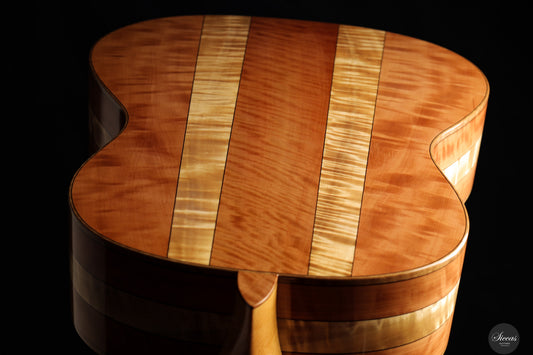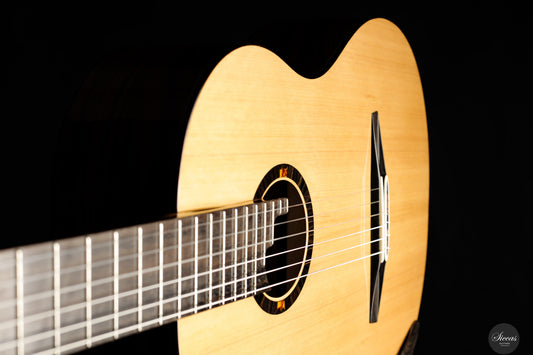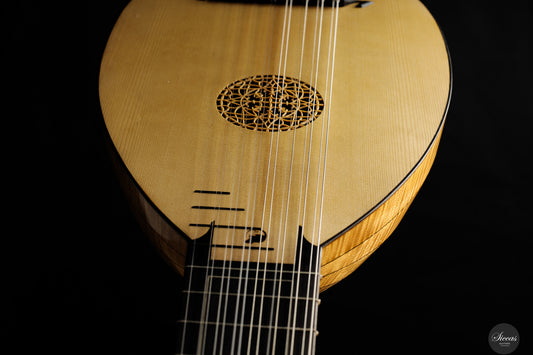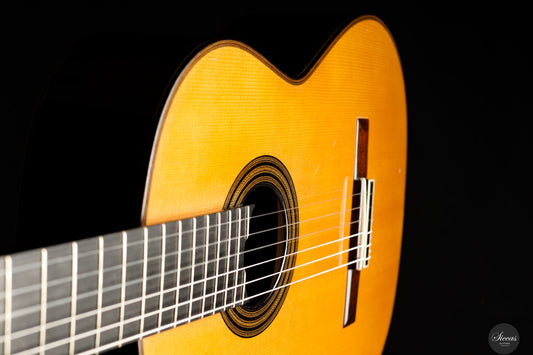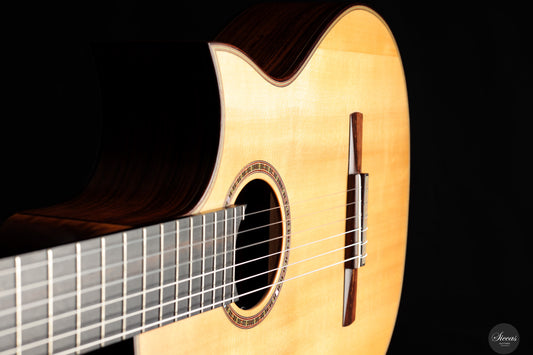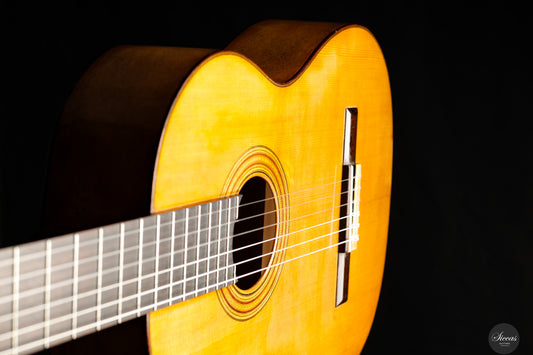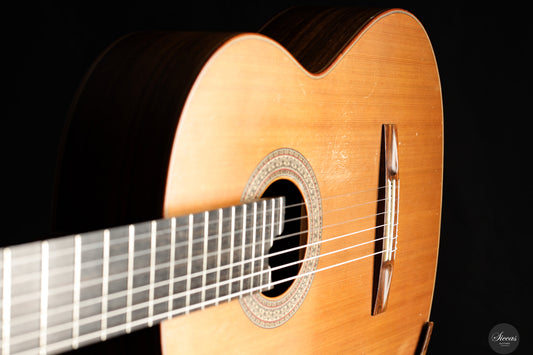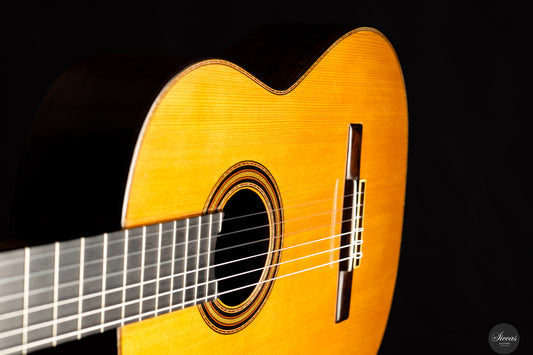
How to Choose the Best Classical Guitar Strings for Your Instrument
Selecting the right strings is an essential part of shaping both the sound and the physical response of a classical guitar. Strings form the direct connection between the player and the instrument, and even small changes can significantly alter tone, projection, and playing comfort. Because the market offers a wide variety of options, understanding the fundamental differences between string types helps guitarists make informed decisions that suit their instrument, repertoire, and technique.
The Role of Strings in Sound and Feel
Classical guitar strings influence far more than volume or brightness. They affect attack, sustain, tuning stability, and the way the instrument reacts to different right-hand techniques. A guitar that feels stiff and resistant with one set of strings may feel flexible and responsive with another. For this reason, string choice should be seen as an integral part of the overall setup rather than as a simple accessory.
Because strings interact directly with the soundboard, their properties influence how efficiently the guitar converts string energy into sound. Matching strings to the construction and voicing of the instrument is therefore essential.
Material
Classical guitar strings are commonly made from gut, nylon, or modern synthetic materials. Traditional gut strings offer a warm, rounded, and complex tonal character. They are often associated with historical performance practice but require careful maintenance and are sensitive to changes in humidity and temperature.
Nylon strings became the standard during the twentieth century and remain widely used. They typically provide a clear, focused tone with reliable tuning stability. Nylon trebles can vary in transparency, warmth, and resistance depending on their formulation.
Synthetic strings, produced from advanced polymers, aim to combine the tonal depth of gut with the stability of nylon. These strings often offer improved projection, consistent intonation, and predictable behavior across different environments.
Gauge and Tension
Gauge refers to the thickness and resulting tension of the strings. Higher-tension or thicker strings generally produce a fuller, deeper tone with greater resistance under the fingers. They can support strong projection and stability, particularly on guitars with stiffer soundboards.
Lower-tension or thinner strings feel more flexible and produce a quicker, more immediate response. They are often favored by players who prioritize comfort, subtle articulation, or long practice sessions.
The optimal gauge depends on both the instrument and the player. Some guitars open up with higher tension, while others respond more freely with lighter strings. Technique also plays a role, as a stronger right-hand attack may benefit from additional resistance.
Brand and Consistency
Numerous established manufacturers produce classical guitar strings, each with distinct tonal profiles and tactile characteristics. Brands such as Knobloch are frequently chosen by dedicated and professional players for their consistency and reliable quality control.
Different brands emphasize different aspects of sound, such as brilliance, warmth, sustain, or balance across registers. Trying multiple brands on the same instrument is often the most effective way to understand how each interacts with the guitar’s construction.
Coating and Durability
Some classical guitar strings are coated to increase durability and resistance to wear. Coated strings generally last longer, making them practical for players who practice daily or perform frequently.
However, coatings can slightly alter feel and tonal response. Some players appreciate the smoother surface, while others prefer the direct contact and immediacy of uncoated strings. Tonally, coated strings may sound marginally less open at first but retain their character for a longer period.
Longevity Versus Immediate Response
Uncoated strings often provide maximum openness and clarity when new, but they can lose definition more quickly. Coated or treated strings trade a small amount of initial brightness for extended lifespan and consistency.
Players should consider how often they are willing to change strings and whether long-term stability is more important than peak performance during the first days of use.
Price and Practical Considerations
Classical guitar strings vary widely in price, from affordable sets aimed at students to premium options designed for concert use. Higher cost does not automatically guarantee suitability, but premium strings often offer improved materials and tighter quality control.
Balancing performance and cost is a personal decision. Frequent string changes may justify more economical options, while recording or concert situations may benefit from higher-end sets.
Matching Strings to Guitar and Repertoire
Each guitar reacts differently to the same strings. Construction method, soundboard stiffness, body size, and setup all influence how strings behave. Repertoire also matters. Earlier music often benefits from clarity and articulation, while Romantic and modern works may favor warmth and sustain.
Conclusion
The best classical guitar strings are those that complement the individual instrument, the player’s technique, and musical priorities. Material, gauge, brand, coating, and price all play a role, but no single set suits every situation.
Experimentation remains essential. By testing different combinations over time, guitarists gain a clearer understanding of how strings influence sound and comfort. Thoughtful string selection allows the classical guitar to respond naturally and consistently, supporting long-term musical development.



